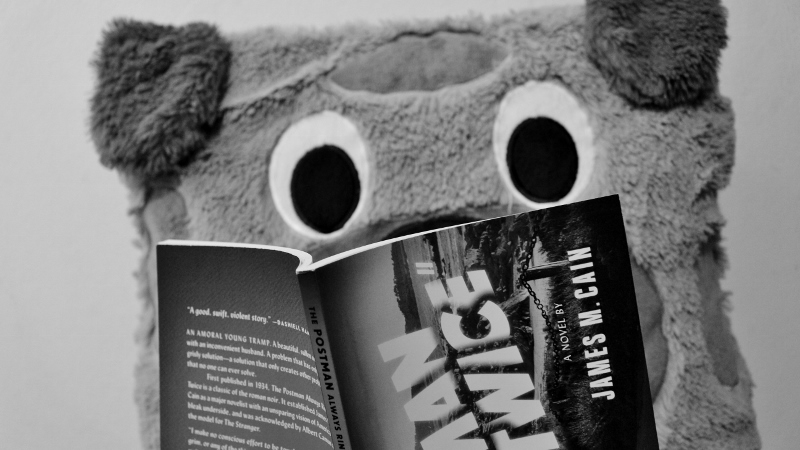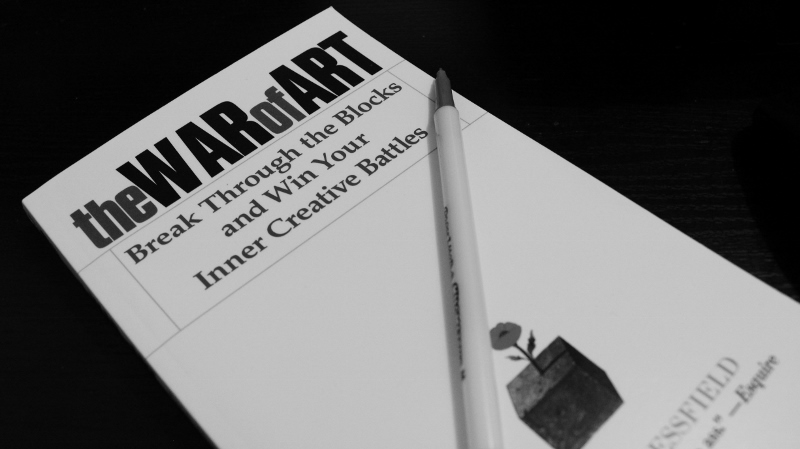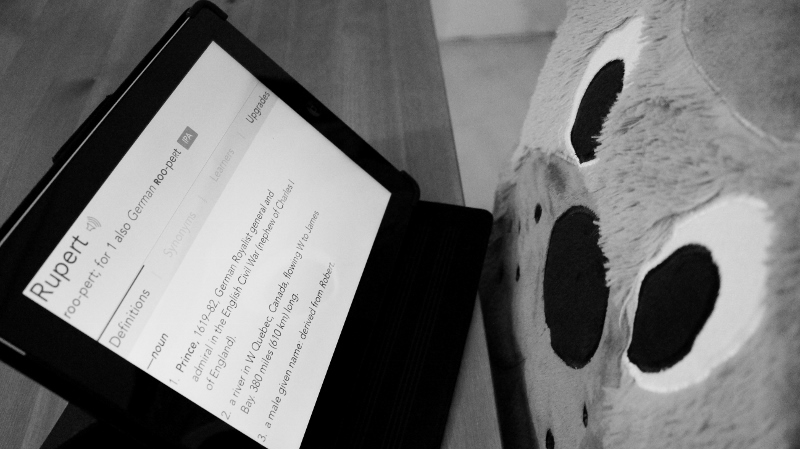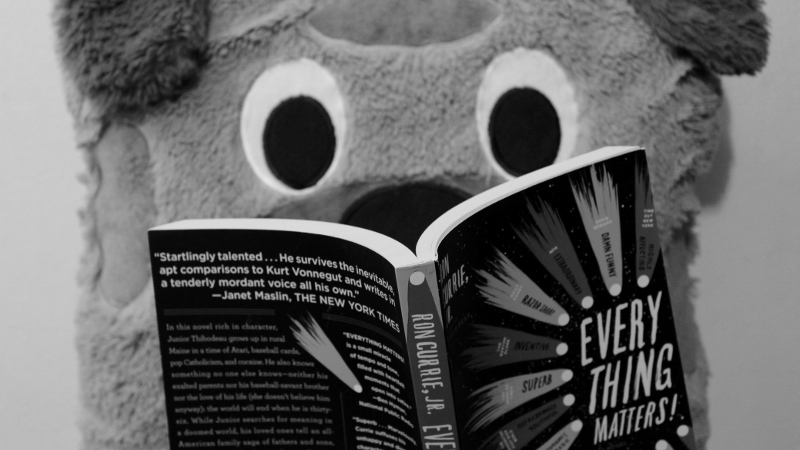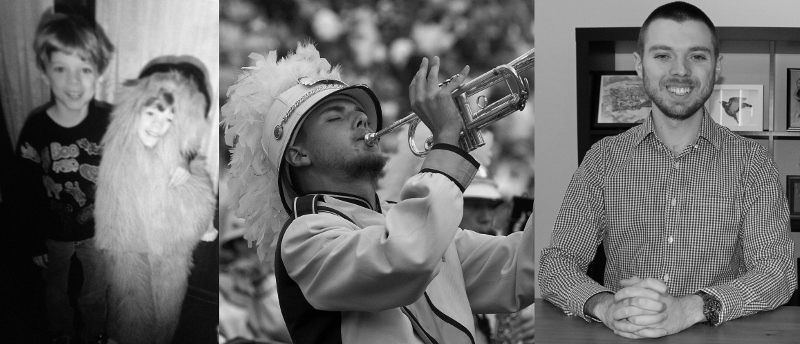
Tomorrow I turn 30 and it has me thinking some thoughts, man.
This occasion means I’ve lived 10,950 days, which is kind of a mind-boggling number that is a lot more fun if you think of days as jelly beans. If I draw out a perfectly average lifespan, I’m 37% of the way there.
Which is not to say that I’m in a hurry about this.
Over the course of all those jelly beans I’ve stumbled across some valuable ideas. Some of these were gleaned from personal experience and some are truths passed on by others. Some have stuck with me from past successes and some were derived from failures. I jotted a few down over the course of the past week and surprised myself when I tried to recall the genesis of a few that – for better or worse – have stuck with me to this day. More than a handful of these ideas, thoughts, lessons, values, affirmations (I’ve included a bit of each!) go all the way back to my early childhood but are still relevant to my everyday life. Brainstorming this post turned out to be an interesting way to celebrate the big three-oh.
In no particular order, here are the notions most relevant to me as I turn 30:
Do things for yourself first
I’ll go a touch meta with this one and use this blog as an example. I’ve just started, so my readership is not what you might call “substantial”. But I’m writing this because I derive a great amount of satisfaction from doing so. I like personal development. I like writing. I like web design. I like taking photos of pillows named Rupert. This blog can never be a failure because I’m doing it for myself first and by sticking true to that idea I hope that it will come to empower others. It leads into…
Take something seriously and it will pay you back
I would suggest you start by taking yourself seriously. After all, if you don’t take yourself seriously, why would anybody else?
By taking your passions seriously, you’re breathing undeniable life into them that other people will be drawn and connected to. If you write, you’re a writer – own it, live it and get to work. Others will respond.
Don’t be an asshole
It seems simple enough, but so many people get this wrong. It’s not even about being over-the-top nice to everybody you encounter, it’s just about not being a jerk. If you can make it through life sticking to this rule, you’re doing well.
Serve others
Your actions often have consequences for other people, so it stands to reason that those people should be more than a passing consideration of yours. Having a little social awareness will go a long way and seeing as most people are too busy looking at their phone to be aware of themselves, it’s becoming a bit of a lost art. This is less about random acts of kindness, volunteerism and charity (although you can feel free to go that far if you’re able) and more about being a good citizen; a member of a community. Be aware of your environment and strive to make it better for the people who share it with you. It’s a certain kind of heroism that we’re all capable of achieving.
Listen
As in, really listen – don’t just listen for your cue to speak again. It’s called ‘active listening’ and is something I’ll be exploring in later blog posts. Listen between the lines, ask intelligent questions about what the other person is telling you about. They’ve taken the time to explain it to you so the least you can do is attempt to get the message as purely as you possibly can. You’ll probably learn something in the process and you’ll find that people have a lot more time for you in the long run. Good listeners beget people who will want to listen to them in return.
Lessons come from unexpected places
Some of the ideas I’m sharing on ToVa come from truly unusual sources, including webcomics, sports, and movies. None of these are typical destinations for those seeking actualization but if I had not had enough presence to distill lessons from them I would have missed out on some truly valuable gems. To this end, I don’t understand the phrase “turn off my brain” when it comes to relaxing. If I don’t need my brain to enjoy this activity, why am I doing it in the first place?
Unselfishly consider the lives of others
We’ve all been told to walk a mile in another person’s shoes before passing any judgement but here’s the thing: our limited perspective of another person’s reality is far from perfect. How can we possibly know everything that is going on in somebody’s life – even those closest to us? My fiancée and I know each other better than we know anybody else and yet we occasionally surprise each other. I can never know everything going on her head (and she’s probably OK with that).
My own take on this is just to be less selfish in our consideration of others. Everybody has a lot going on and you can never understand all of it. Who are you to say what kind of actions are ‘out of character’ for somebody else? Help to the fullest extent of your capacity, but respect that there are forces at work here that have nothing to do with you. If the other person wants you to have a better understanding, they will let you know.
Give second chances
Following from the above notion, give people as long of a rope as possible. I have been criticized for giving people too many chances in the past but I would have missed out on some truly valuable friendships if I were in the habit of cutting people off at the first sign of trouble. We’re all (presumably) doing our best, so be willing to cut people some slack.
The ‘Golden Rule’ is not a system of justice
We’ve all heard it: “Do unto others as you would have them do unto you.” It’s solid advice, as long as you stay true to the intent and meaning. Unfortunately, a fair amount of people take this phrase to mean ‘an eye for an eye’ when it actually means exactly what it says: be good to people just like you’d want them to be good to you. It doesn’t say “be good to people who are good to you” and definitely doesn’t suggest you can be bad to people who are not good to you.
This is about being the bigger person in all instances. Do the right thing because it’s the right thing, not because you anticipate it will earn you a reward. If your efforts are met with disregard or a lack of appreciation, that doesn’t change anything – you would still want others to do good upon you, so that’s what you have to keep doing unto them. See also: “don’t be an asshole.”
It is only possible to live in the present
This idea comes from the philosophy of Alan Watts and has significantly reduced my overall level of anxiety since I first happened upon it late last year. My own take as I’m about to explain it is a bit reductive, but powerful all the same.
Our lives and actions are only ever occurring in the present moment. We can think back on the past and access our memories, but doing so is a ‘present’ activity. We can likewise attempt to forecast the future based on our comparisons of the past to the present (or by any other means) but the future isn’t real until it becomes the present. It gives real teeth to the idea of leaving the past in the past. The past is only relevant if you actively access it and so you can utterly block it out by just not thinking about it.
The notion of the future not being real is the part that really did the trick for me, though, by allowing me to construct appropriate expectations rather than constantly getting my hopes up or feeling as though things wouldn’t work out just the way I would like them to. By remembering that there are infinite futures that could possibly become our present it’s pretty easy to tame your expectations. All I have to work with is the present and while I’ll keep trying to make it as great as I possibly can, it might not work out sometimes.
But then I can just leave it in the past and keep plugging away.
Love is a thing
Truly. It wasn’t what I thought it would be, but here it is all the same and it’s even better than I thought it would be.
Read
Read everything – all of it. Fiction. Non-fiction. I’m usually working through one book of each at any one time. Interact with it – jot notes in the margins, highlight passages you like. Pull the book off the shelf a few years later and review your notes or – better yet – read it again if the mood strikes. The benefits are too many to get into here (don’t worry – I will get into it in the future) but just know that you’ll never regret skipping a third marathon of House of Cards in favor of a little reading.
It’s not even cheating to count this blog post.
Sports are beautiful
A not insignificant amount of my time and attention is devoted to sports, though almost none of that time is dedicated to the actual playing of a sport; I’m mostly a spectator. I think often about how strange it is that myself and thousands of others become emotionally involved in something over which we have virtually no control. Even the outcomes are – in the grand scheme of things – rather meaningless. What reflection does it have on me when one of my teams win? It doesn’t make me a better person any more than a loss makes me less of a person. So why do we care so much?
I found my own personal answer in a rather obscure place (remember when I said lessons come from unexpected places?): the New York Times review of The Great American Novel by Philip Roth. The review ran in 1973 and was written by Thomas R. Edwards, who offered this notion:
For thinking men, non-performers, sports offers a tempting glimpse of grace, of the merging of self into pure and formal function.
For me personally, this hits the nail squarely on the head and adding team-specific context only deepens my connection to my teams. I am a West Virginia University alumnus but my fandom of the university sports teams can be traced back to birth and is wrapped up in my being raised in West Virginia. I further deepened my connection by participating in the marching band during my four years there. My love of the Tampa Bay Rays sprung up when I was living in Orlando and has as much to do for how management runs the team as it has to do with the players on the field (Evan Longoria is a beast!). After moving to Australia I fell in love with rugby league rather quickly and I latched onto the Sydney Roosters just as fast. They were out of contention for a few years but managed to make a run to the premiership last year, which gave me my first true connection to Australia that was all my own.
Sport is a part of my life for at least the reasoning offered by Edwards, but it sticks around for reasons that are a bit more personal and keep the excitement levels high.
Never forget where you come from
Being born and raised in West Virginia is an important part of my identity and character. I’m proud of this heritage because of the things I associate with being a Mountaineer: trustworthiness, honesty, resilience, determination, sacrifice, friendliness and a connection to nature. I left the state at age 22 but my connection to those rolling hills is as strong as ever – even though I now live about as far away from them as I possibly could. I’ll be a Mountaineer until I die.
Montani Semper Liberi
“Mountaineers (are) always free.”
Thanks for reading – see you in my thirties!

